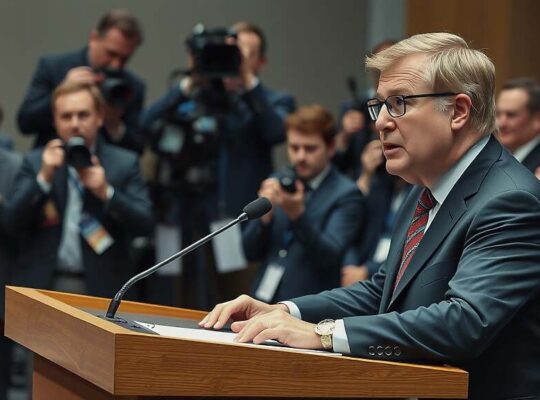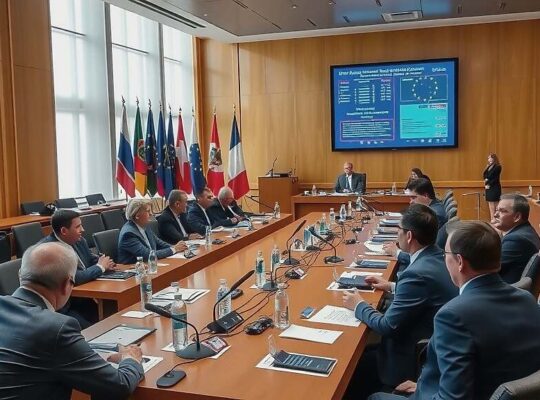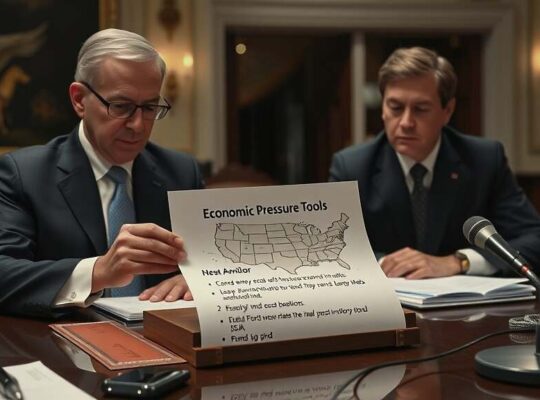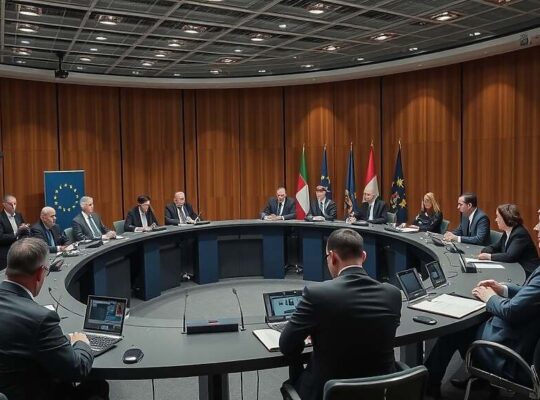A compromise, significantly diluted from original ambitions, has emerged from protracted negotiations among European Union member states regarding a climate target for 2040. According to reports from Politico, the agreement, reached after 18 hours of intense deliberation by environment ministers, signals a concerning shift in the EU’s commitment to aggressive climate action.
The finalized draft, leaked to Politico, represents a considerable weakening of the original proposal put forth by the European Commission. Initially, the Commission advocated for a 90% reduction in emissions by 2040 compared to 1990 levels, with provisions for a maximum 3% allowance for offsetting through external mechanisms. The revised agreement, however, now commits the EU to a domestic emissions reduction of only 85%, while simultaneously permitting up to 5 percentage points to be offset through the purchase of carbon credits from third countries.
This relaxation of domestic responsibility isn’t the extent of the concessions. The draft legislation permits member states to further delegate up to an additional 5 percentage points of their national targets, effectively allowing further outsourcing of climate responsibility. Critics argue this system creates a loophole, potentially hindering genuine progress within the EU and placing undue reliance on often-unverified emission reductions elsewhere.
The compromise highlights a growing divide within the EU regarding the urgency and magnitude of climate action. While proponents of the revised target cite the need for political feasibility and economic considerations, environmental groups and certain member states have voiced strong disapproval, accusing the agreement’s architects of prioritizing short-term political gains over long-term environmental stability. The move raises serious questions about the EU’s credibility as a global leader in climate policy and its ability to meet its broader climate commitments. The legality and efficacy of the loophole allowing for the purchase of carbon credits is also likely to face scrutiny, potentially triggering further legal challenges and political debate in the coming months.












